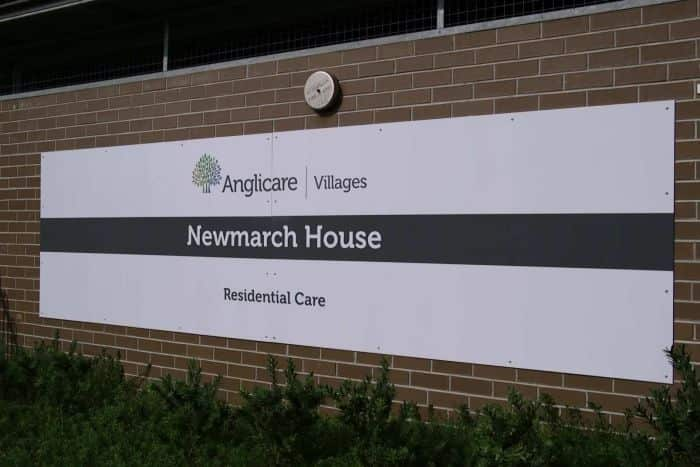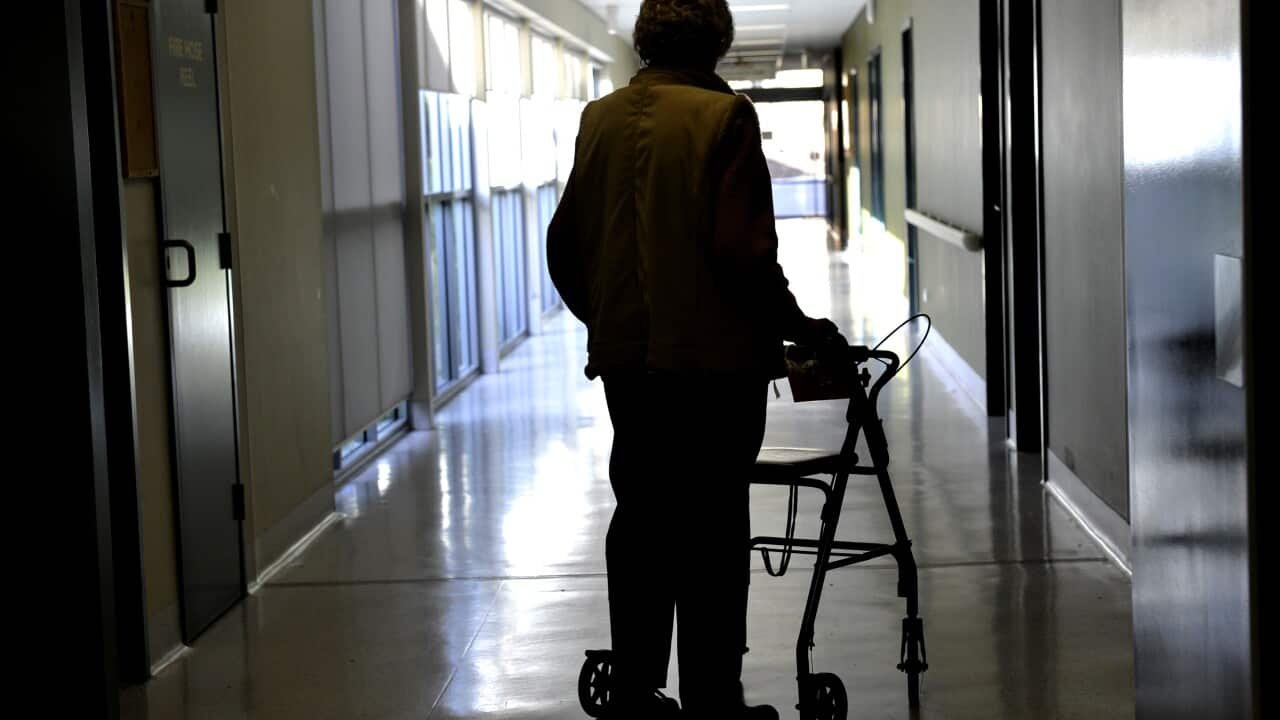The Health Services Union said there has been a “system failure” at the Anglicare aged care home where a staff member continued working shifts for a week after having contracted coronavirus.
The worker at Anglicare's Newmarch House aged care facility in Caddens, in western Sydney, went to work while showing symptoms of illness according to NSW Health.
She has since tested positive for the COVID-19, as have four other staff members and four residents, an Anglicare Sydney spokesperson said on Tuesday night. The New South Wales Secretary of the union Gerard Hayes said a review was needed urgently.
The New South Wales Secretary of the union Gerard Hayes said a review was needed urgently.

The staff member was working at the Anglicare Newmarch House in western Sydney. Source: Supplied
“There’s clearly been a system failure here. How someone with flu-like symptoms was able to work multiple shifts is a real and pressing concern. Anglicare should urgently review its procedures,” he said.
Mr Hayes also said that casualisation of workers may have played a roll in the incident.
“This also points to a broader problem with the structure of an aged care industry that relies on insecure, casualised work. Nobody should be going to work sick under any circumstances. It would be far less likely to happen if the sector employed people on a permanent basis with proper sick leave and full-time hours,” Mr Hayes said.
New South Wales Premier Gladys Berejiklian has urged people not to jump to conclusions until all the facts have been established.
"Obviously it’s of huge concern and very disappointing if someone who has the disease keeps working," she said on Tuesday morning.
"We can’t cast blame automatically, let’s wait for the facts. What if the person did not know that they had it. That’s a concern."
"If anything intentionally was done that’s a huge issue and police will look into that," she added.
'No signs of illness'
Anglicare defended its procedures at the aged care home and said at no point over the five shifts that the staff member worked between 30 March and 6 April displayed any signs of illness.
“The staff member was spoken to in person by the Residential Manager on their last work day on 6 April. The staff member did not display signs of illness and did not disclose any contact with suspected carriers of COVID-19,” Anglicare told SBS News in a statement.
They also said that portable thermometers were being used to carry out temperature checks on all staff entering the facility.
Canada and Europe
Australia is yet to see widespread outbreaks of COVID-19 in aged care facilities as has been witnessed in parts of North America and Europe.
In Canada it is estimated that almost half of all coronavirus deaths have been linked to long-term care homes in the country.
While analysis of data from Italy, Spain, France, Ireland and Belgium carried out by academics at the London School of Economics showed that between 42 per cent and 57 per cent of all deaths from the virus were linked to aged care homes.
The data suggested a drastic under-reporting of coronavirus deaths in aged care facilities in the United Kingdom, where some deaths in homes are not being counted in the COVID-19 death numbers.
Senior Lecturer in Clinical Epidemiology at the University of Sydney Dr Fiona Stanaway said the high death rates in aged care facilities in Europe was a reflection of the diseases spread throughout the broader community.
"It's not just about how we handle the outbreaks in the aged care setting, it's about the staff the workers at home, the broader community, this can't be treated in isolation," she said.
And she said when mistakes were made, it was important that lessons were taken from them.
"It's about learning from the mistakes, why did that staff member come to work? Did they not understand the guidelines around even mild symptoms? Was the centre understaffed?" Dr Stanaway said.










